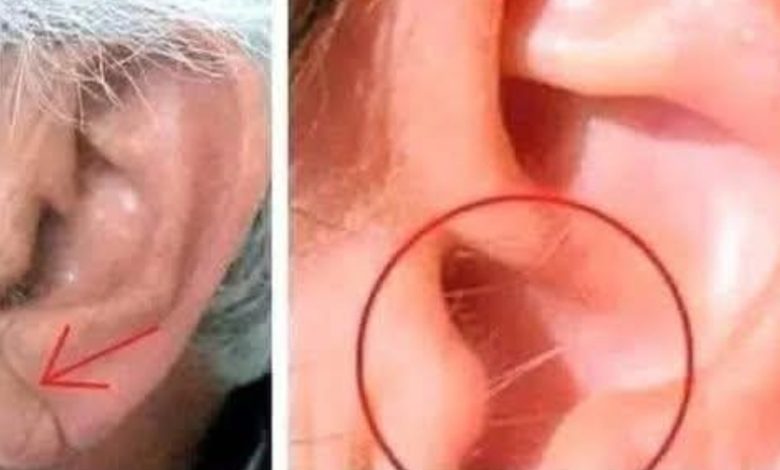Did you know that if your ear hairs grow, it is because your body is

Ear hair growth is a natural part of aging for many people. As we age, hormonal changes, particularly in testosterone levels, can lead to an increase in hair growth in certain areas, including the ears. This is often due to testosterone stimulating hair follicles.
Additionally, genetics play a significant role in how much ear hair a person develops. While some people may notice minimal hair growth, others might experience more significant growth. It’s a normal process, but if the hair becomes bothersome, there are grooming options available to manage it.
It’s also interesting to note that some people might be more prone to this due to their family history. If you notice it becoming a bit much, there are safe ways to manage it, like trimming or using specialized grooming tools. Just make sure to be careful when doing so!
Why Ear Hair Grows
Ear hair growth is common, especially as people age. This process is largely influenced by hormones, particularly androgens like testosterone. As men and women age, their hormone levels change, which can lead to an increase in body hair, including in the ears.
In men, the increase in ear hair can be more pronounced due to higher levels of testosterone, which can stimulate hair follicles in areas like the ears and nose. This is often seen as a normal part of the aging process. Women also experience changes in hair growth, but it may not be as noticeable.
Genetics and Ear Hair
Genetics play a significant role in how much ear hair a person develops. Some people may have a genetic predisposition to develop more hair in this area, while others may have little to none.
Grooming and Managing Ear Hair
Many people choose to trim or remove ear hair for cosmetic reasons. There are various methods for managing ear hair, such as using small scissors, electric trimmers designed for ear and nose hair, or even waxing. However, it’s important to be cautious when grooming this area to avoid injury or irritation.
Safely Cutting Ear Hair
Cutting ear hair can be done safely and effectively with a few simple steps. Here’s how you can do it:
- Gather Your Tools: You’ll need a pair of small scissors (preferably with rounded tips), an ear and nose hair trimmer, or an electric trimmer designed for grooming. You might also want a mirror to see what you’re doing.
- Find Good Lighting: Make sure you’re in a well-lit area so you can clearly see the hair you want to trim.
- Clean Your Ears: Before you start, it’s a good idea to clean your ears to avoid any irritation. You can use a cotton swab to gently clean the outer ear.
- Use a Mirror: Position yourself in front of a mirror, preferably a magnifying one, so you can see the hair clearly.
- Trim Carefully: If using scissors, gently hold the ear to stretch the skin slightly, which can help you see the hair better. Carefully trim the visible hair, being cautious not to poke yourself. If you’re using a trimmer, follow the manufacturer’s instructions for safe use.
- Check Your Work: After trimming, check in the mirror to ensure you’ve achieved the desired look. You can always trim a little more if needed, but it’s best to start conservatively.
- Clean Up: After you’re done, clean your tools and dispose of any hair clippings.
- Hydrate the Area: If your skin feels irritated after trimming, you can apply a gentle moisturizer or aloe vera gel to soothe it.
Remember, it’s important to be gentle and take your time to avoid any accidents. If you’re unsure or uncomfortable doing it yourself




